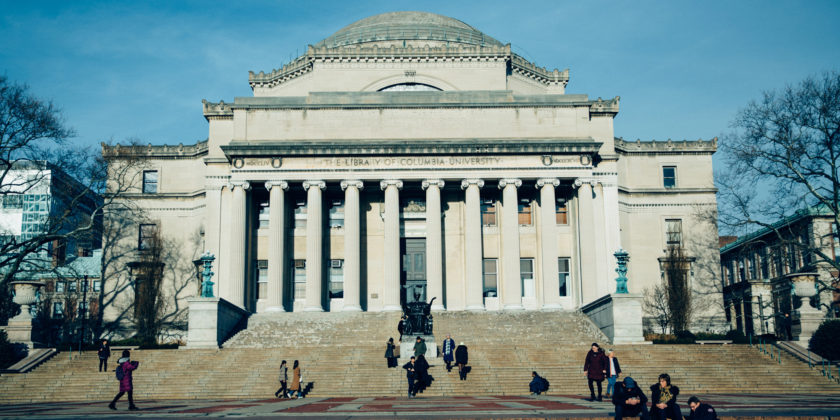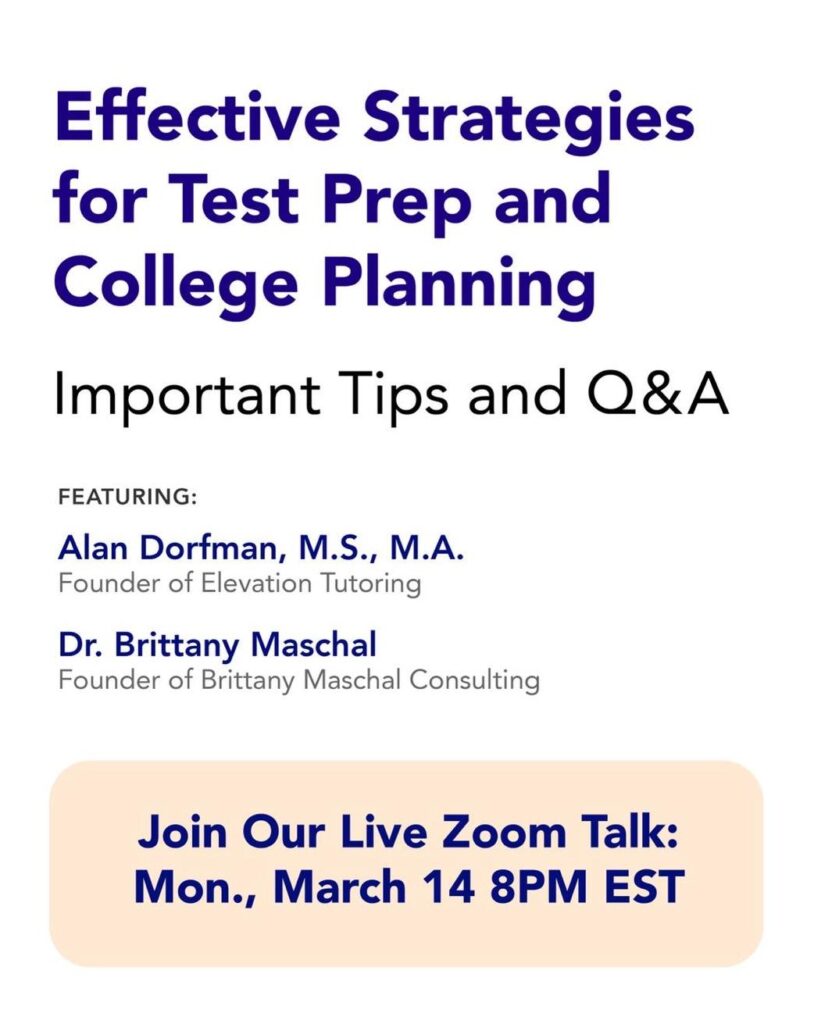Colleges That Are No Longer Test Optional
Colleges have continued to roll back test-optional policies. We will update this post as more policy changes are made.
You’ll need competitive test scores to apply to the following schools:
Auburn (testing STRONGLY preferred; required with under a certain GPA)
Brown
Cal Tech
Cornell (2026, require, 2025 recommended for certain colleges)
Dartmouth
Georgetown
Georgia Tech
Harvard
MIT
Purdue
Stanford
University of Georgia
University of Florida (state-wide)
University of Tennessee (state-wide)
UT Austin
Yale
We have also found it beneficial to send high scores to most other test-optional schools in the top tier, especially if you are applying to a selective major (engineering, comp sci, data science, business, hard sciences) or attend a high school where the majority of students test and test well:
Vanderbilt
Northwestern
JHU
Duke
Rice
WashU
Notre Dame
Carnegie Mellon
Tufts
Emory
USC
Boston College
Boston University (exception: General Studies)
NYU
Clemson
Case Western
Villanova
University of Chicago
University of Michigan
University of Wisconsin
University of Virginia
University of North Carolina
University of Illinois
University of Maryland
Reach out to us if you’d like help with your application strategy and deciding whether you are a good candidate to apply test-optional or not.
*Stay in the know! Subscribe










